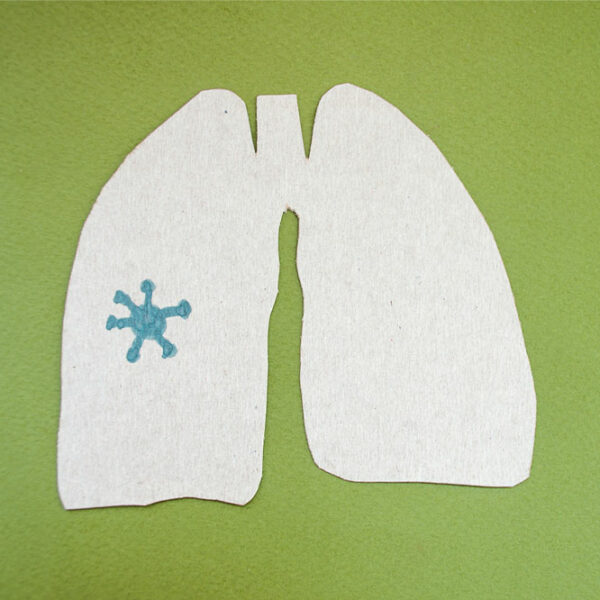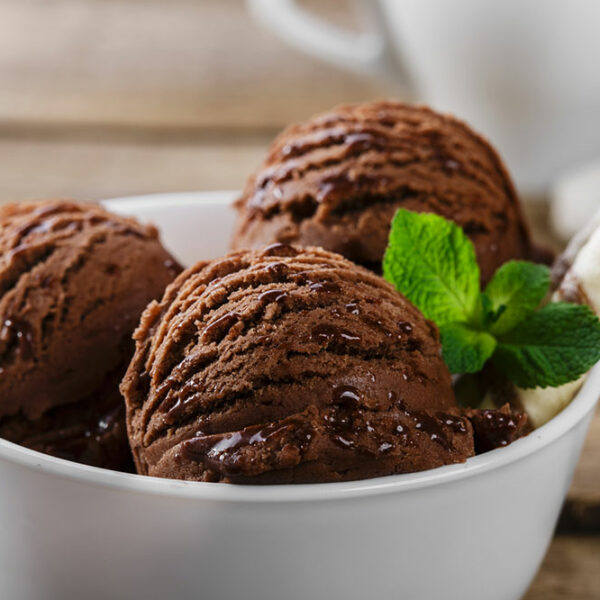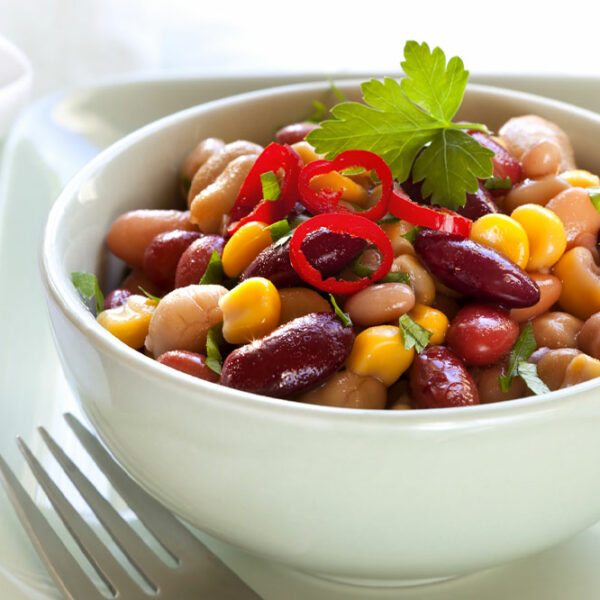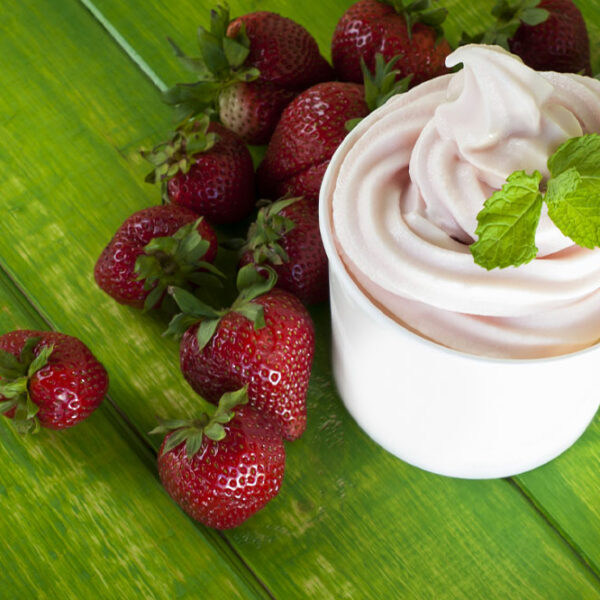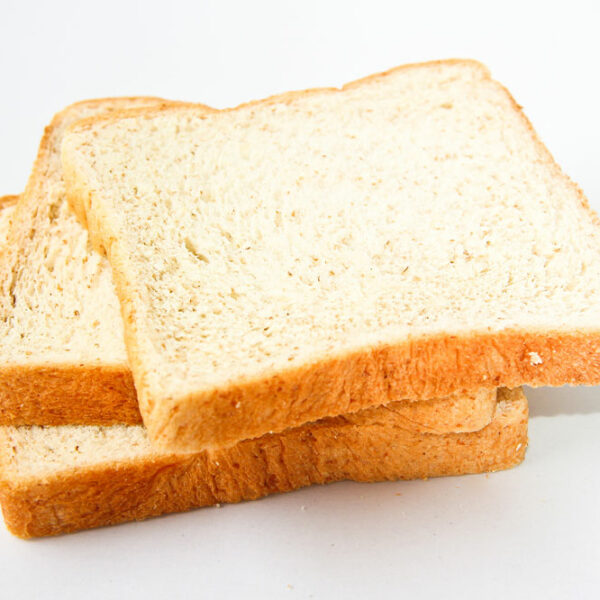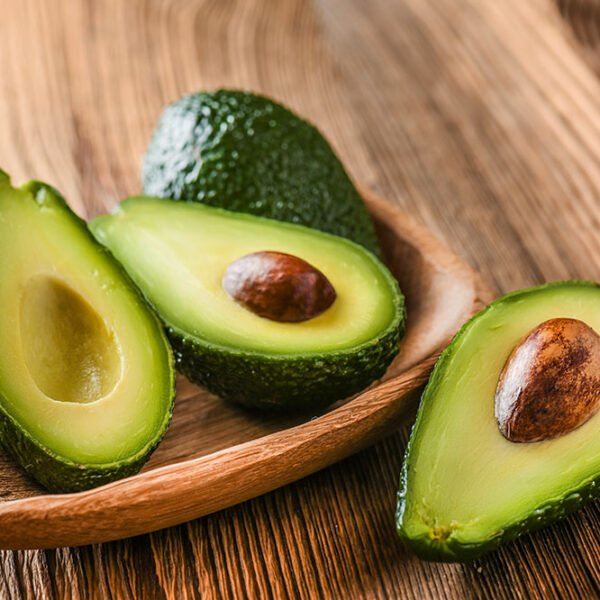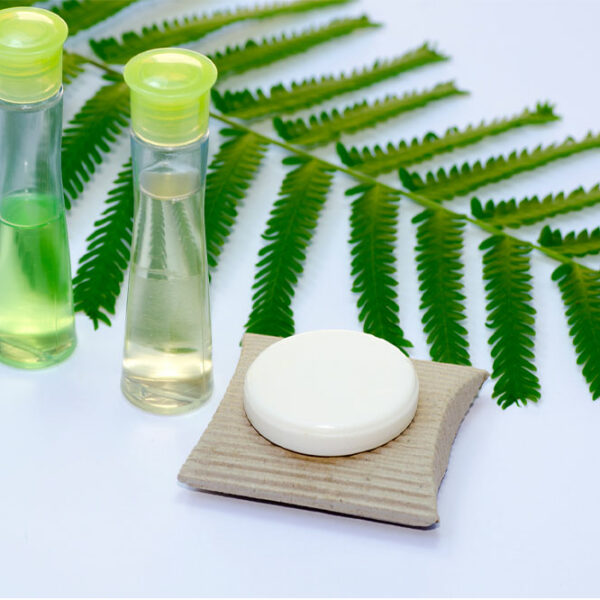
Eczema: Soap ingredients to avoid
Dealing with eczema can be extremely frustrating due to its erratic flare-ups and symptoms. The skin inflammation is painful and irritating. Using harsh soaps is one of the biggest triggers of eczema flare-ups. Therefore, make sure you read the label carefully to avoid all the trigger ingredients mentioned below. These ingredients can cause an allergic reaction and should be avoided at all costs. Read to know more about them. Sodium Lauryl Sulfate SLS is commonly used in soaps and even shampoos for its quality of breaking up oil and grease, which makes it a great cleaning agent. While cleaning excess oil and dirt is important to stay hygienic, SLS is known to break down the natural oil barrier on the skin. Although it doesn’t directly cause any irritation on the skin, due to no oil, the skin becomes dry and flaky and allows for other allergens to cause a reaction. Fragrance ingredients Any soap with fragrance should be avoided to prevent eczema flare-ups. Fragrances are a mix of esters, aldehydes, amines and ketones, and other ingredients. Unfortunately, due to the secrecy followed by most cosmetic companies, we never really know the ingredients that bring out the fragrance in soaps. Coconut Diethanolamide Another ingredient that helps break down oil and grease from the skin is coconut diethanolamide.
